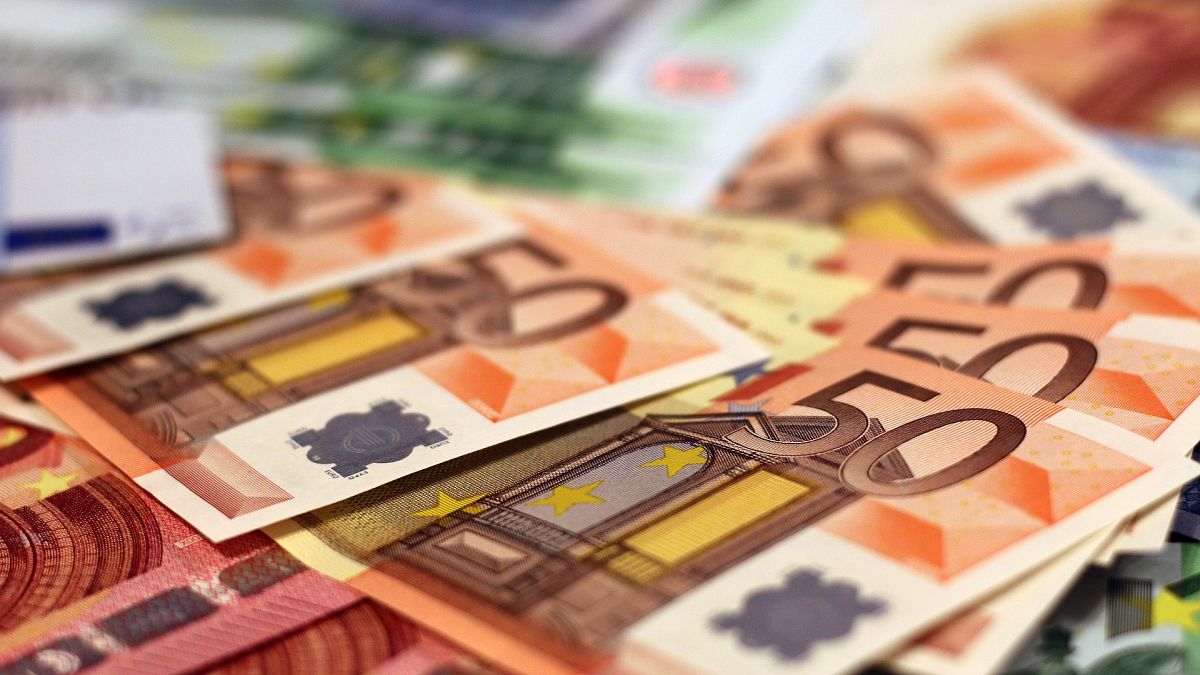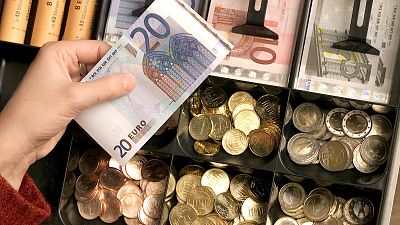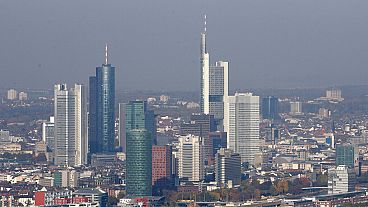Rules agreed overnight will ban large cash transactions and apply to major football clubs
EU lawmakers hope a new anti-laundering law agreed today (18 January) can start to repair a reputation tarnished by years of dirty-money scandals.
As previously reported by Euronews, the law will ban cash transactions over €10,000 and extend to the football sector – but only large professional clubs will be caught.
“It’s been decades that we’ve been dithering over the fight against money laundering and terrorist financing,” Damien Carême told reporters following the agreement, saying the new law would avoid loopholes that could be used by “oligarchs and traffickers”.
“It may seem crazy, but until now, there was no anti-money laundering law surrounding the world of football,” said Carême, a French Green lawmaker, referring to recent scandals involving Roman Abramovich, the sanctioned former owner of Chelsea FC, and the Dutch football federation. “Now, it’s a done deal.”
Eero Heinäluoma – who alongside Carême took the lead on negotiating the law with the EU council, representing national governments – cited not just the scope of the law, but its legal form, which applies consistently across the bloc.
“Now we have the same rules, a regulation which member states don’t have the possibility to change,” Heinäluoma, a Finnish social democrat, said.
“This is a good day for EU citizens, taxpayers, and businesses; a bad day for oligarchs, money launderers and terrorists,” he said, adding that he’s “pretty optimistic that this new regime will make a big change.”
The EU has been hit by multiple money-laundering scandals in recent years, and Denmark’s Danske Bank recently pleaded guilty in connection to a probe into the processing of €200m in high-risk Russian funds.
Two of the bloc’s members, Croatia and Bulgaria – are on a “grey list” of suspect money laundering jurisdictions compiled by international standard-setter the Financial Action Task Force (FATF), where they sit alongside the likes of Syria and Yemen.
Unintended consequences
UEFA, European football’s governing body, told Euronews the new rules will need to be carefully implemented, or there could be unintended consequences from applying bank-style checks on customer identity to the diverse sports sector – but Heinäluoma said the plans are “proportionate”.
“Only professional clubs and big clubs are included,” he said, as those with a turnover under €5m without a murky history could be exempted. “It’s not the same system that the banks are doing, it’s a little bit lighter.”
The final deal was struck in the small hours of Thursday morning between negotiators from the parliament and the EU’s Council, which represents member states.
It will “ensure that fraudsters, organised crime and terrorists will have no space left for legitimising their proceeds through the financial system,” said a statement by Vincent van Peteghem, finance minister of Belgium, which is currently chairing Council talks.



